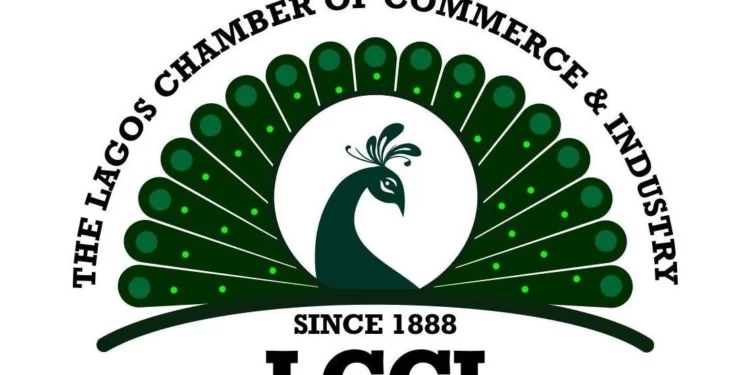The Lagos Chamber of Commerce and Industry(LCCI) has urged the federal government to scale up plans of establishing special economic zones where agro-processing activities are supported to produce finished food products for its markets and for export.
The chamber made this known in its New Year statement on the Economy 2023. The director-general of LCCI, Dr. Chinyere Almona said: “in 2023, the base factors that may continue to drive the major economic indicators are the rising inflation rate, tight monetary policies, an unstable currency, foreign exchange scarcity, debt burden, currency management, food supply disruptions, exchange rate volatility, and election spending.”
She stated that, the agriculture sector witnessed quite a lot of challenges ranging from insecurity, poor road network to connect markets, high cost of farm inputs to recently, the flooding disaster caused by climate change, saying, despite these challenges, the sector recorded growth all through the year 2022.
According to her, in 2023, government’s intervention through targeted financing support to this sector can boost agricultural production, create jobs, and lower the spiking food inflation that has been responsible mainly for the rising headline inflation all through 2022.
“The African Continental Free Trade Agreement (AfCFTA) provides huge opportunity to explore the African markets with our agricultural products. We urge the federal government to scale up plans of establishing special economic zones where agro-processing activities are supported to produce finished food products for our markets and for export.
“With some of these challenges resolved, we expect to see a higher growth rate at above three per cent higher than the less than average two per cent recorded in 2022. We reiterate our call earlier made that government at all levels should invest more on prevention of climate change induced natural disasters like flooding.”
Almona called on the federal government to sustain its targeted interventions in selected critical sectors like agriculture, manufacturing, export infrastructure, tackling insecurity, and free more money from subsidy payments, saying, “it is very imperative that we need sound monitoring and evaluation over the budget allocations to capital projects and defence spendings to respectively tackle infrastructural deficit and the fight against insurgency.”
She urged the government to tackle oil theft to earn more foreign exchange, borrow from cheaper sources to reduce the burden of debt servicing, and pave way for the removal of the fuel subsidy by the incoming government.
“With increased spending by the government for census and general elections, the government must block revenue leakages, reduce costs, and empower the private sector to create jobs and generate more revenue to the government,” LCCI DG said.



